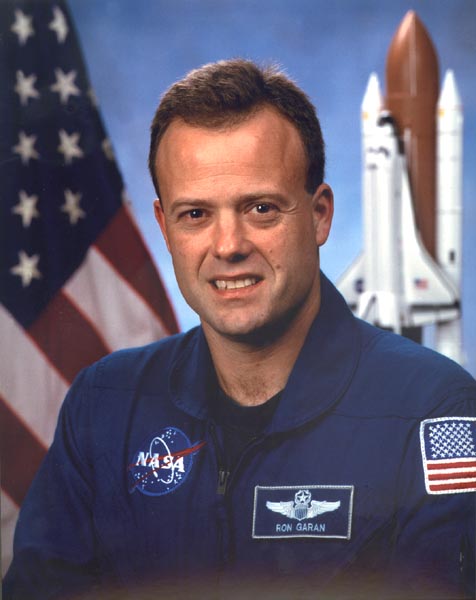Astronaut Reveals the Major ‘Lie’ He Realized After Spending 178 Days in Space and Viewing Earth
Ron Garan, a former NASA astronaut who spent 178 days in space, has opened up about a powerful realization he had after observing Earth from space. Garan, who completed over 2,800 orbits and traveled more than 71 million miles during his career, shared that the experience led him to conclude that humanity is living under a significant misconception. This epiphany, sparked by what astronauts call the “overview effect,” has deeply influenced Garan’s view on life and the planet.
The “overview effect” is a term used to describe the transformative and sometimes spiritual experience astronauts undergo when they view Earth from space. For Garan, witnessing Earth from that vantage point was both humbling and eye-opening. He recalled seeing flashes of lightning storms and the breathtaking auroras, making the planet feel alive and vibrant. What struck him most was the sheer fragility of Earth’s atmosphere, which appeared as a thin, almost invisible layer that sustains all life on the planet.
Reflecting on this moment, Garan shared that he was overcome by a “sobering realization” that Earth’s atmosphere is incredibly delicate, and it is the only thing protecting all living beings on the planet. He explained that while humanity often focuses on economic systems and global markets, from space, he saw the planet as an iridescent biosphere, teeming with life. The problem, according to Garan, is that human-made systems treat everything, including the planet’s life-support systems, as mere commodities to be exploited. He felt that it became clear from his perspective that society had lost sight of the bigger picture — one in which the health of the planet should take precedence over economic concerns.
This realization, however, was more than just an observation. It profoundly altered how Garan viewed the connection between people and the planet. Being physically detached from Earth during his time in space made him feel an overwhelming sense of kinship with everyone on the planet. He described the sensation as an almost unexplainable sense of unity, one that transcended borders and divisions.
Since returning to Earth, Garan has become a passionate advocate for environmental sustainability and the preservation of our planet. He stresses the need for a fundamental shift in priorities, where environmental health and planetary well-being take precedence over economic growth and consumption. His experience in space has shaped his activism, leading him to found the Manna Energy Foundation, a nonprofit focused on providing clean drinking water to communities in developing nations. Additionally, Garan created the project Fragile Oasis, which aims to promote global change and environmental stewardship.
Through these initiatives, Garan seeks to inspire others to act in ways that ensure the continued well-being of Earth. He firmly believes that the lessons learned in space can serve as a guide to help humanity tackle the challenges facing our planet today. For Garan, the most significant insight gained from his time in space was the understanding that protecting Earth is not just about saving the environment, but about preserving the interconnectedness of all life.
As humanity continues to make advancements in space exploration, Garan’s message is clear: the lessons learned from outer space should shape the way we care for our planet. By recognizing the fragility of Earth’s life-support systems and prioritizing their preservation, we can ensure a thriving future for generations to come. Garan’s reflections encourage a reevaluation of how we approach global challenges, urging humanity to reconsider its relationship with the planet and to place environmental health at the center of our priorities.
